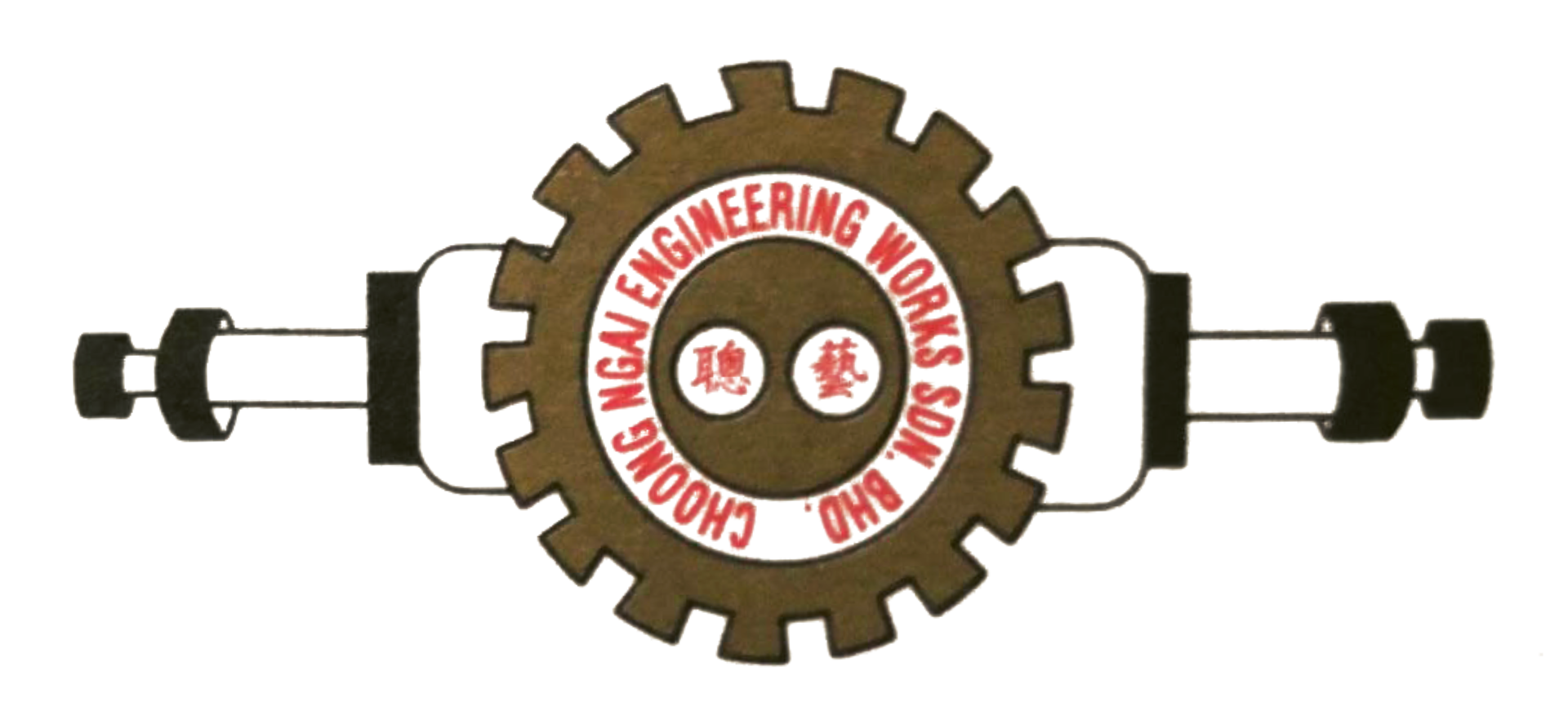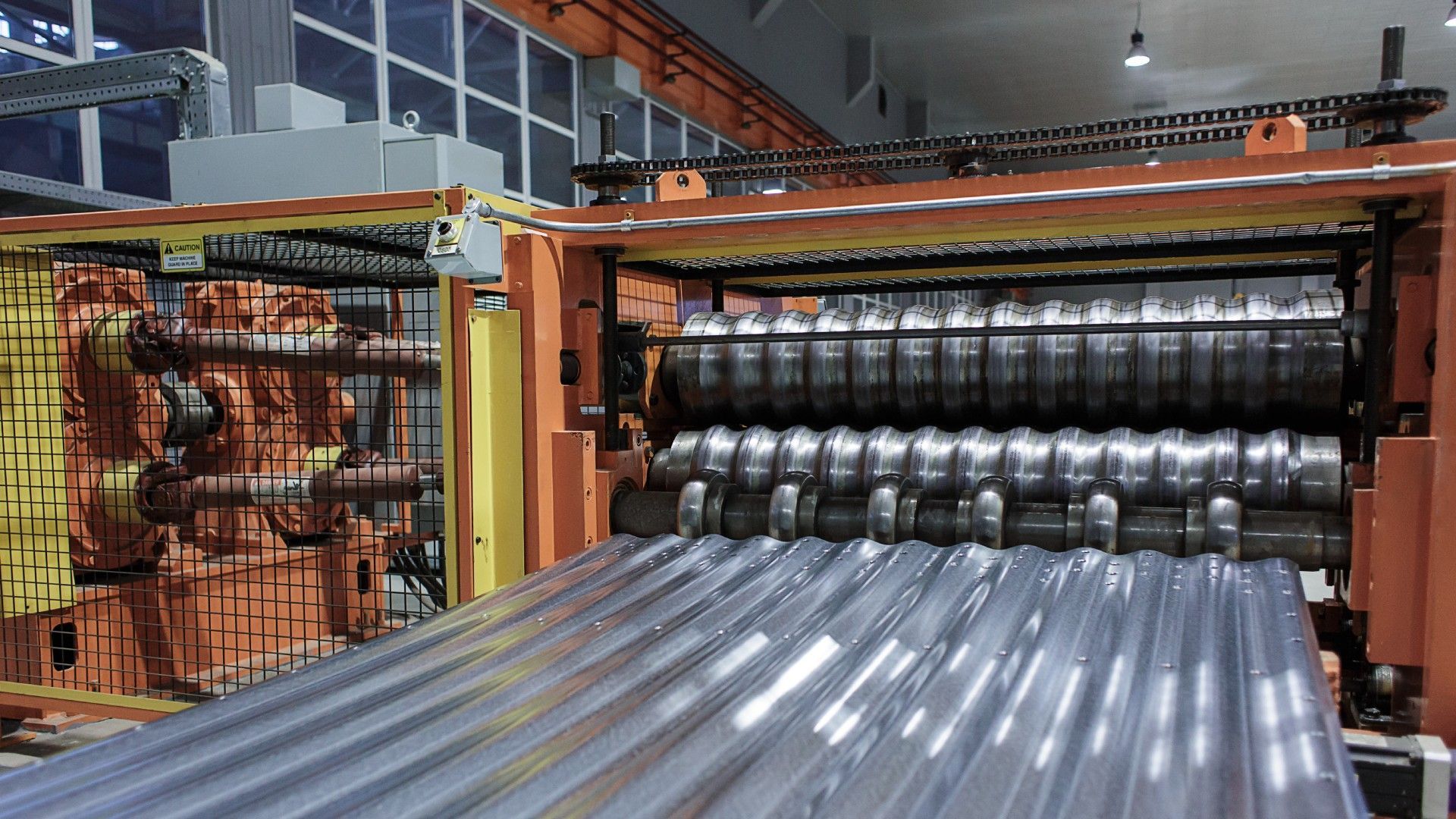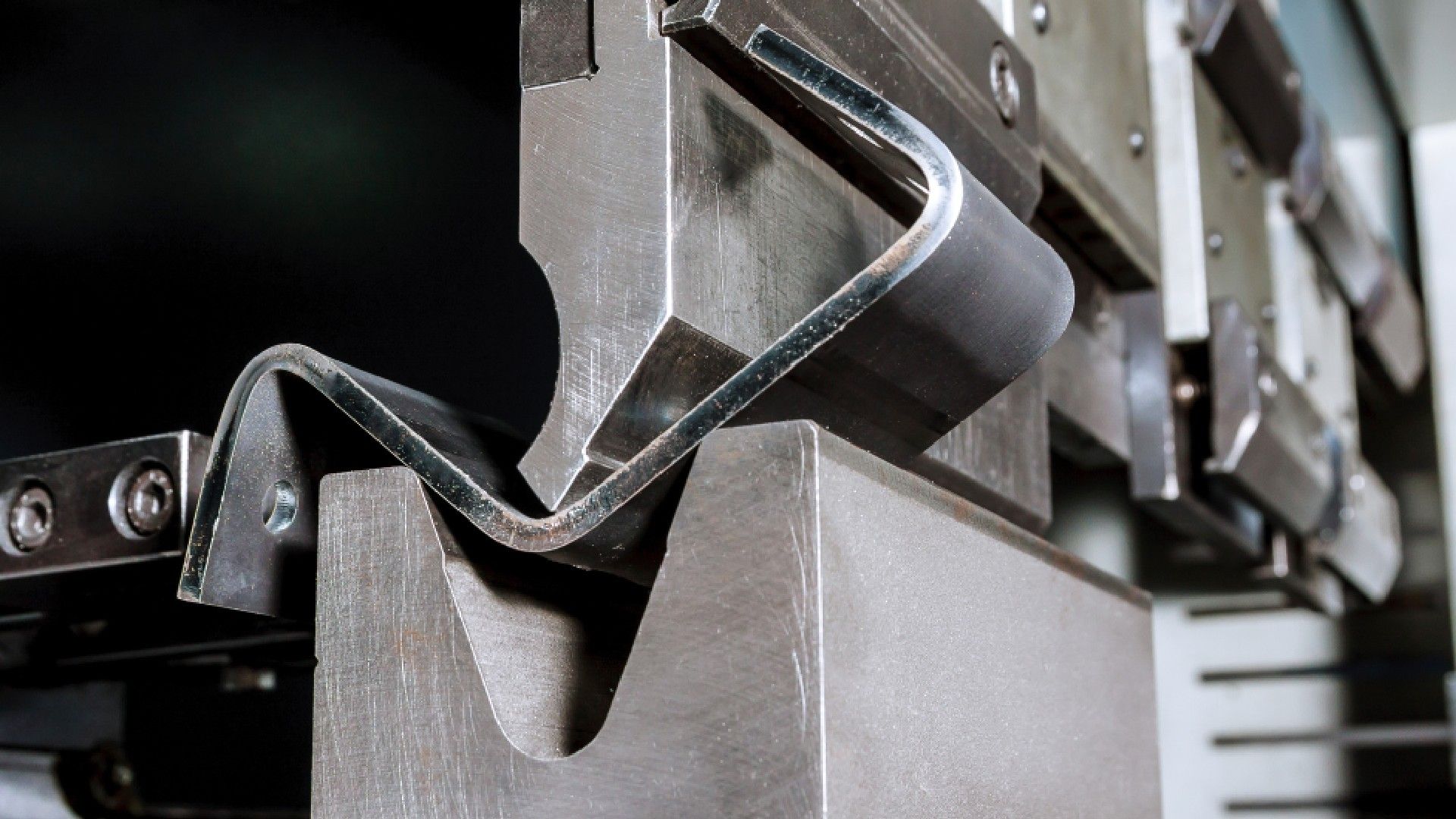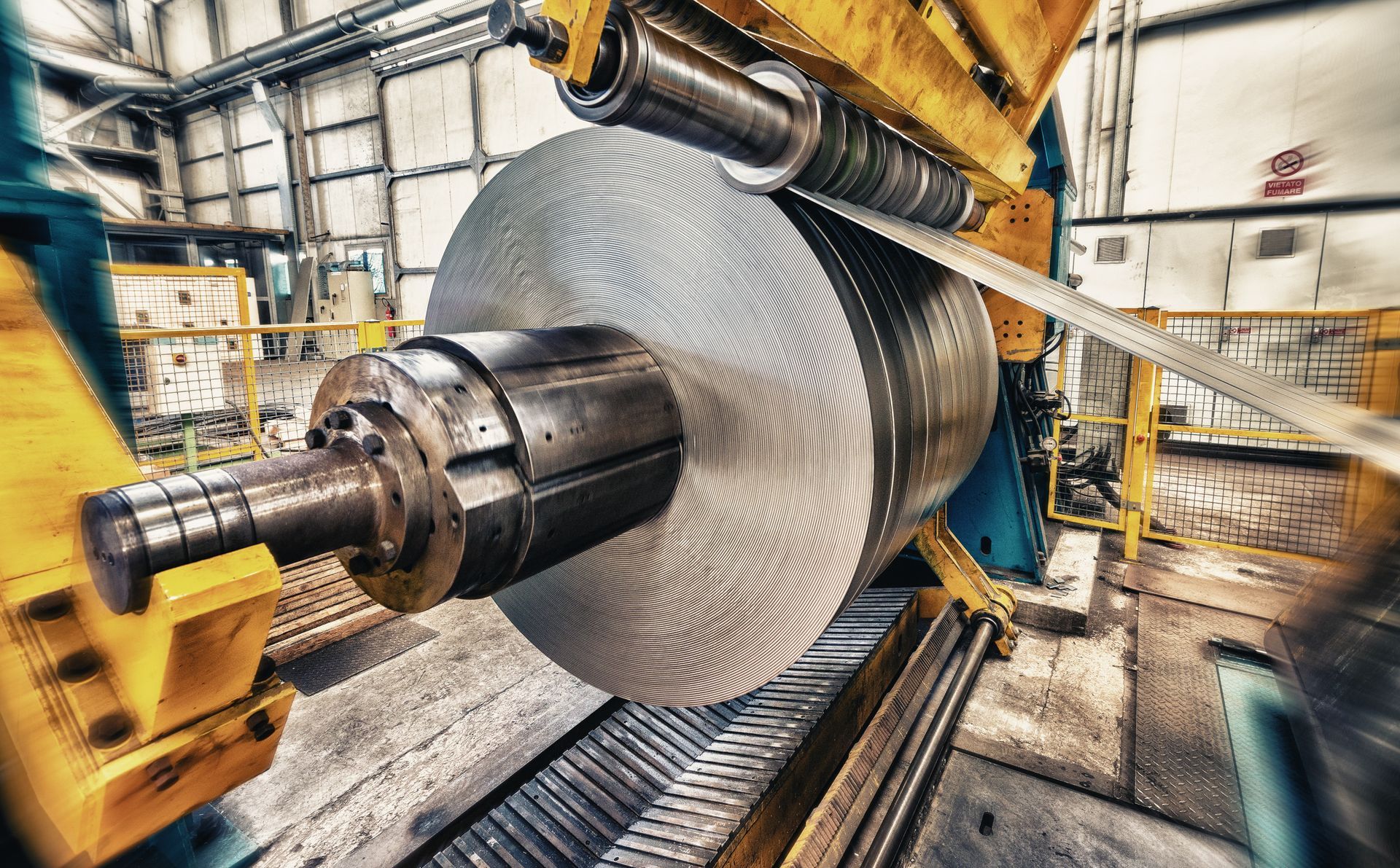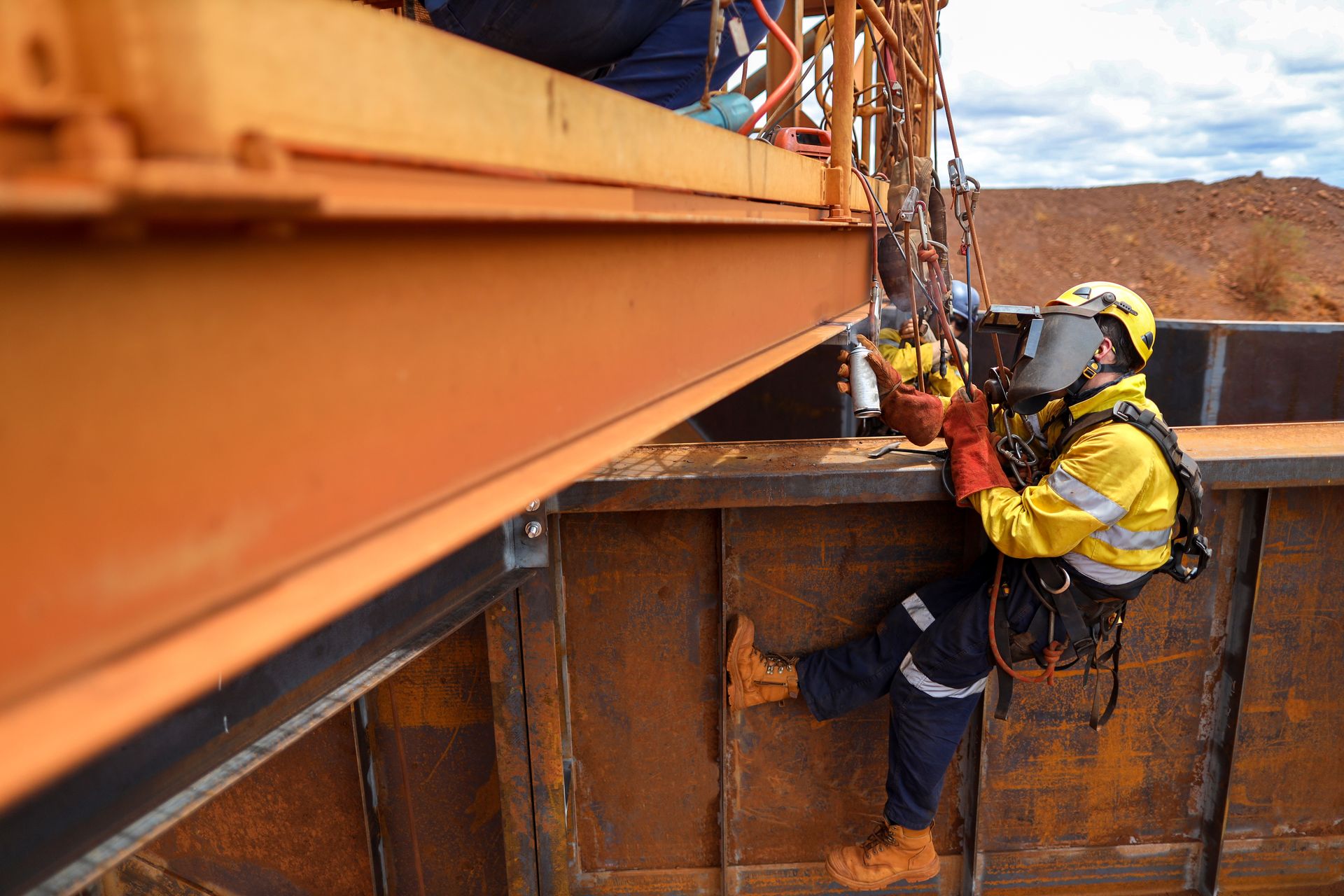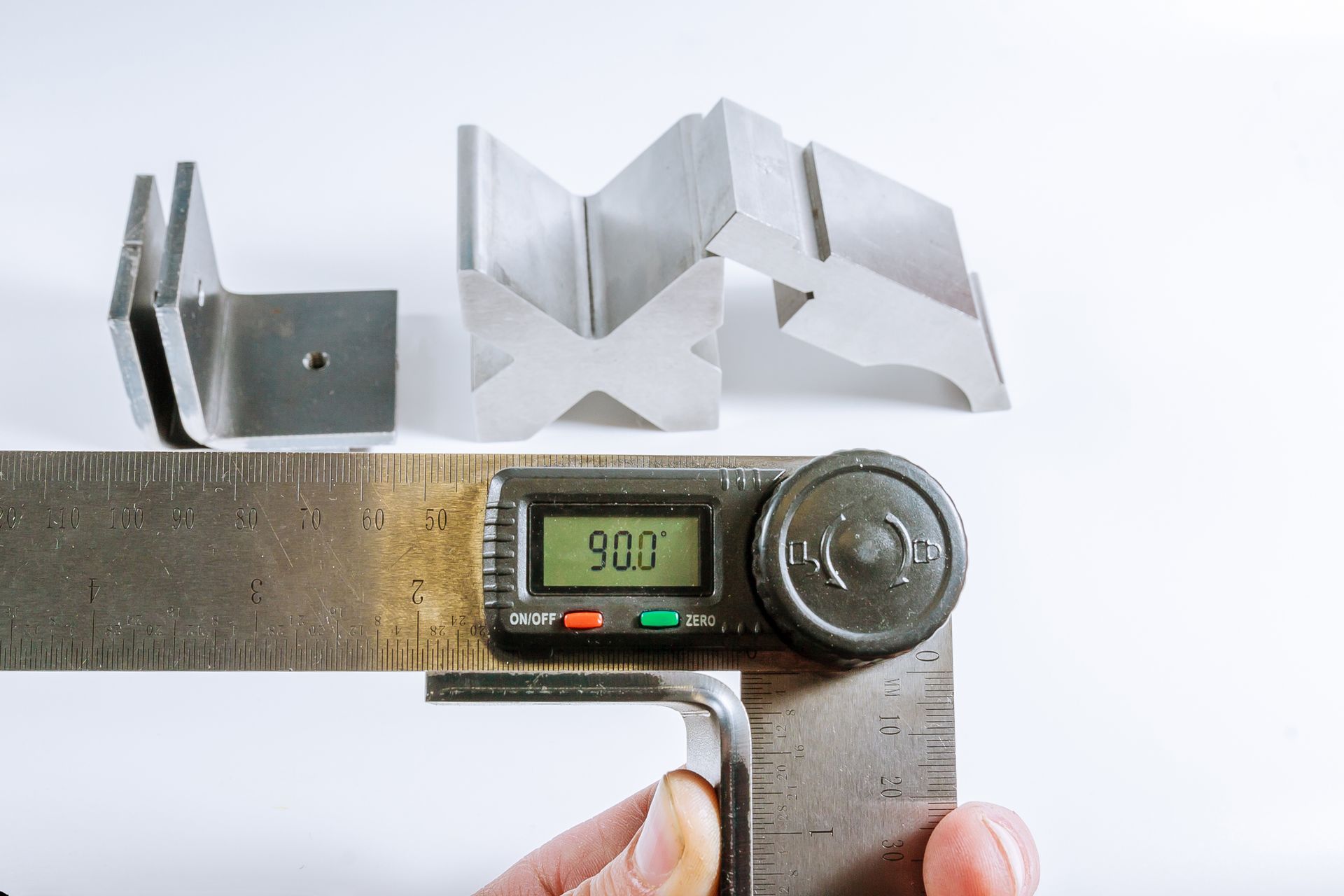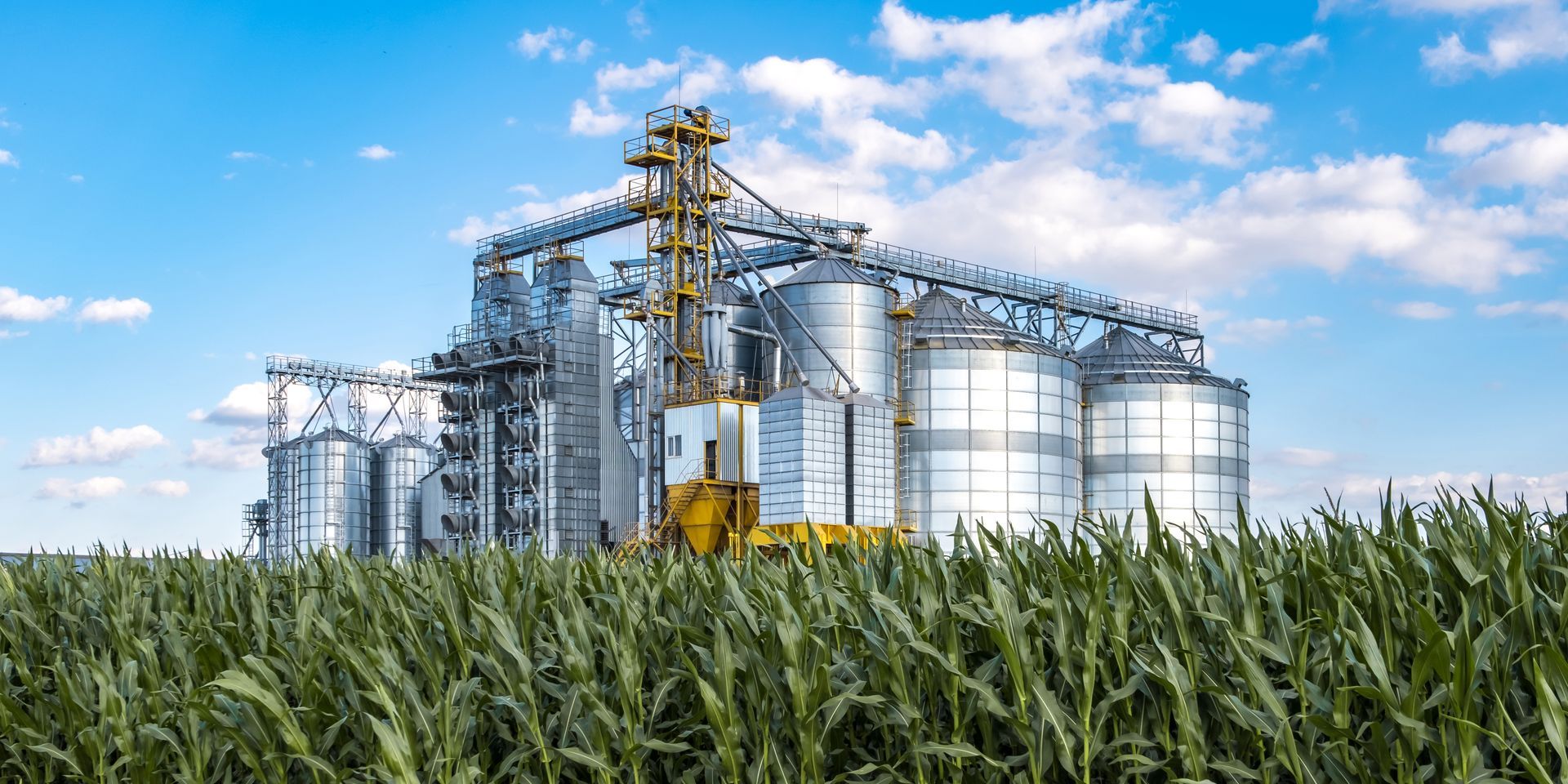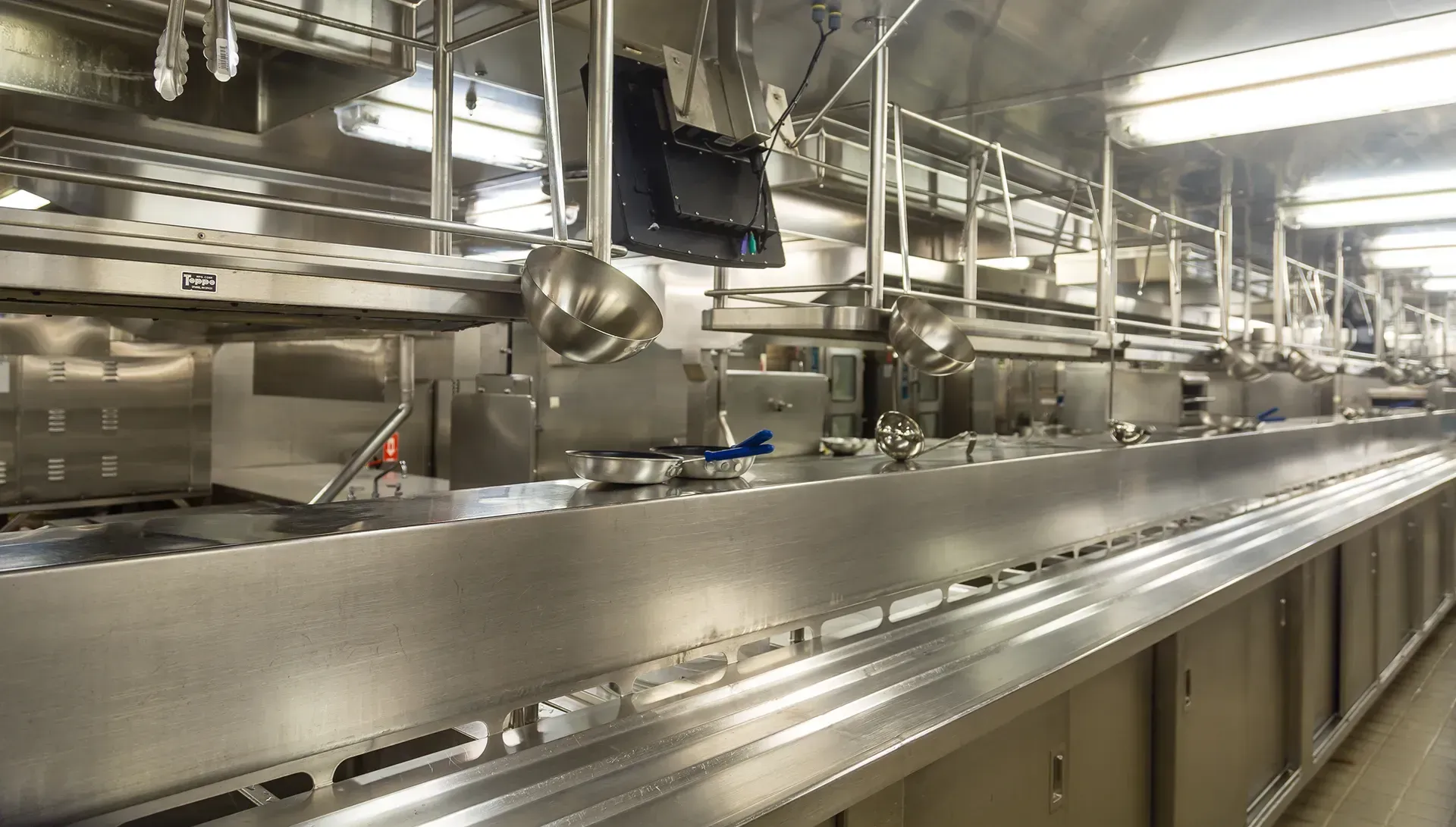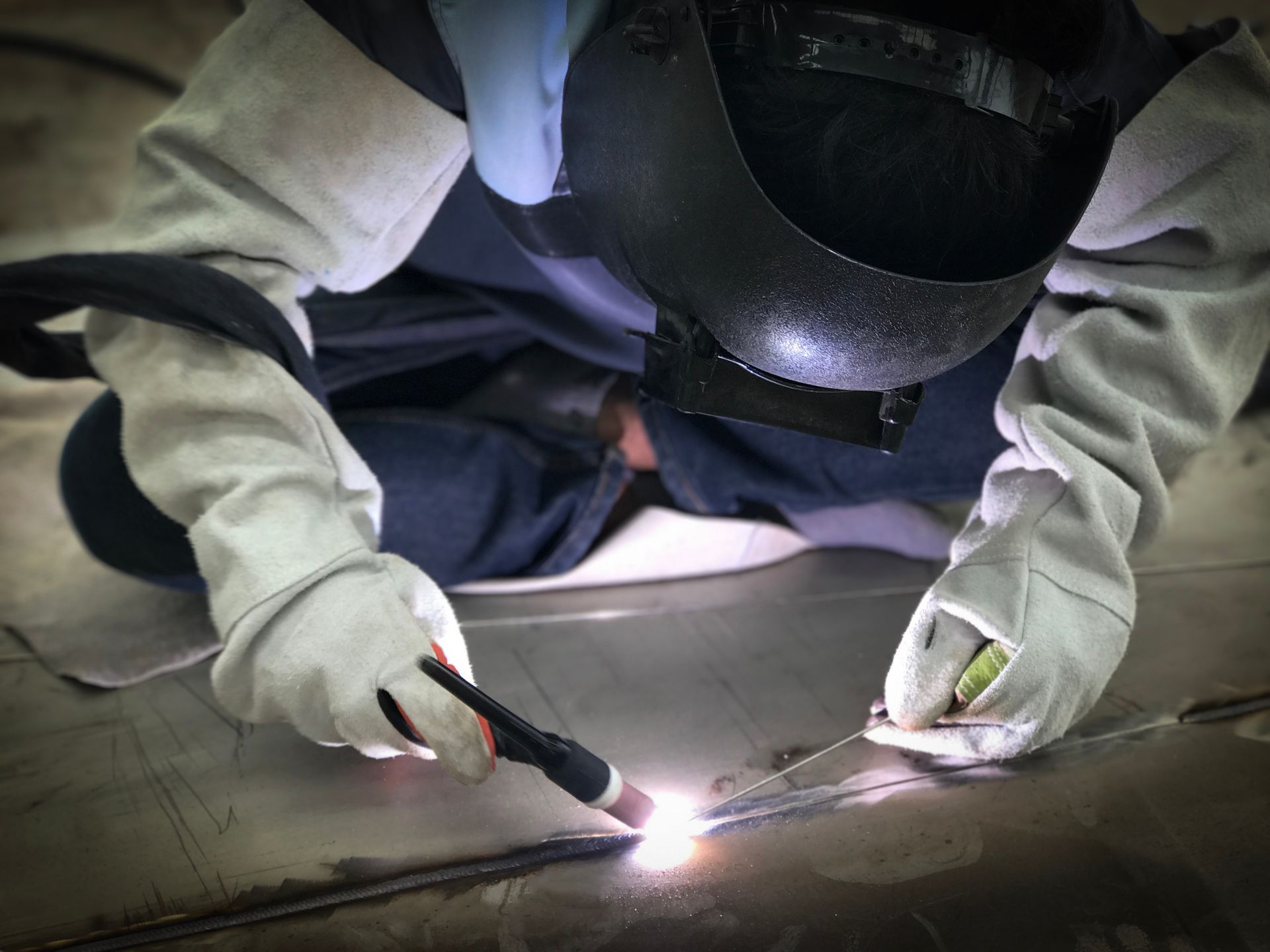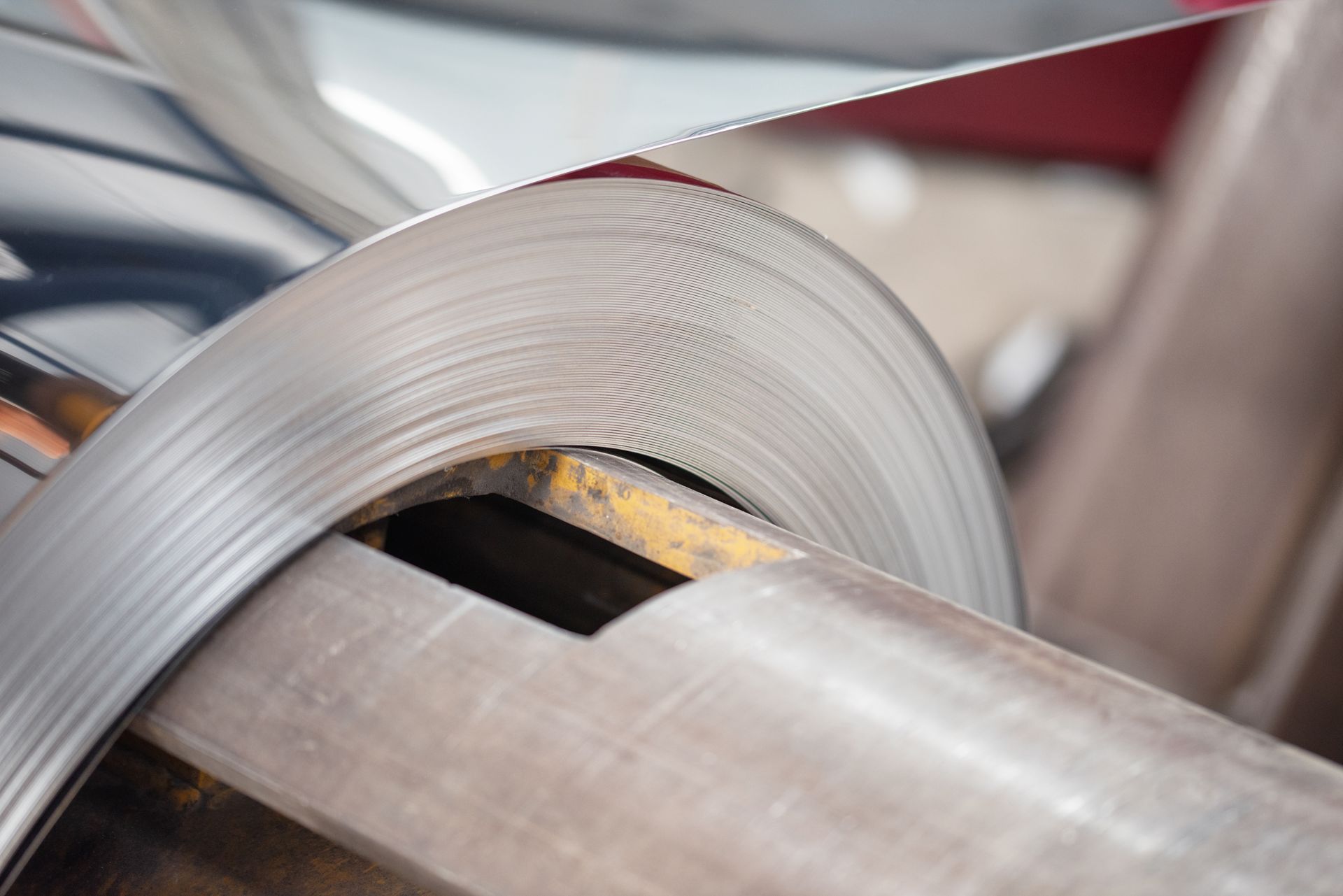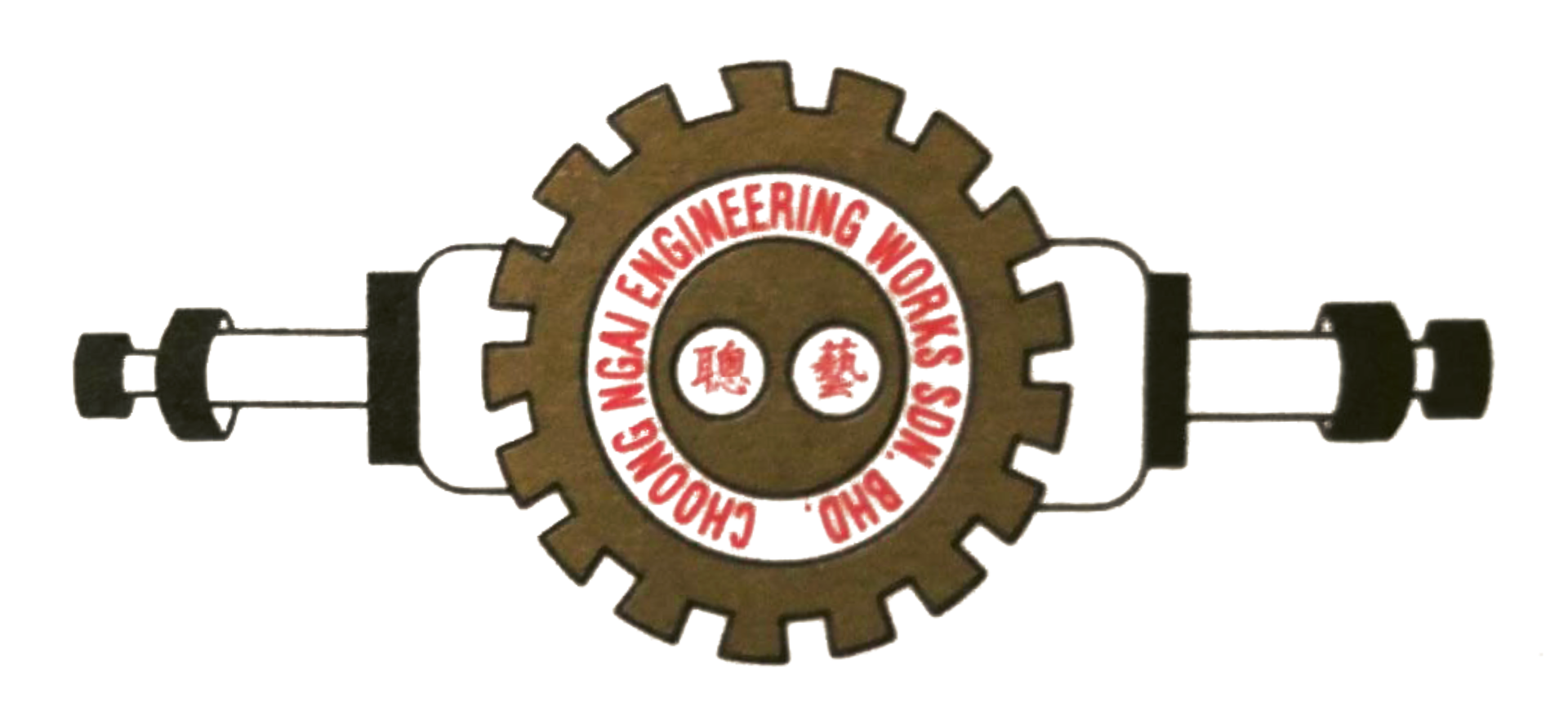Metal Spray Coating vs. Traditional: Malaysia Cost Guide '25
Choosing the right metal coating is vital for Malaysian contractors, designers, and project managers. Whether you're involved in manufacturing, construction, oil & gas, or automotive projects, the metal coating you select directly affects durability, maintenance costs, and overall project performance.
This guide breaks down the main differences between metal spray coating and traditional methods, covering cost comparisons, performance benefits, and practical applications to help you make an informed decision for 2025.
A Guide to Metal Coating Options in Malaysia
In Malaysia, metal coatings are essential for protecting machinery, structural components, and industrial assets. When planning for a project involving intricate machinery or extensive infrastructure that demands high performance, understanding each coating’s benefits and limitations is crucial.
What is Metal Spray Coating?
Metal spray coating is a thermal process where molten metal is sprayed onto a surface, forming a dense and protective layer. This process dramatically boosts resistance to corrosion, wear, and extreme temperatures, making it ideal for industrial applications that demand sustained performance.
With metal spray coating, your projects enjoy:
- Superior Durability: Endures harsh industrial conditions.
- Extended Lifespan: Provides long-term protection for metal components.
- Enhanced Resistance: Offers excellent protection against corrosion and heat.
- Ideal for Heavy Projects: Perfect for large-scale manufacturing and critical infrastructure.
What is Traditional Coating?
Traditional coatings include methods such as paint-based solutions, powder coating, and electroplating. They deliver basic surface protection and visual appeal at a lower initial cost. However, they often require frequent reapplications, especially in challenging industrial environments.
Its key benefits include:
- Lower Upfront Costs: Ideal for budget-conscious projects.
- Customisable Aesthetics: Offers a range of finish options.
- Suitable for Light-Duty Applications: Effective when heavy durability isn’t the primary concern.
- Simple Reapplication: Can be refreshed quickly as needed.
Common Applications Across Industries
Generally, metal spray coating is preferred in high-performance settings, while traditional coatings work well for standard protection.
Consider these common applications:
- Construction: For bridges, steel frameworks, and industrial rooftops.
- Manufacturing: To protect heavy machinery, factory equipment, and precision tools.
- Oil & Gas: For securing pipelines, offshore platforms, and refinery tanks.
- Automotive & Aerospace: To safeguard engine parts, casings, and other critical components.
Key Differences Between Metal Spray and Traditional Coating
Choosing the right coating method depends on several factors: cost efficiency, durability, and environmental performance.
Here’s a breakdown of the differences:
Durability & Performance in Harsh Environments
- Metal Spray Coating: Offers robust corrosion resistance and performs exceptionally well in high-wear settings like chemical plants and offshore facilities.
- Traditional Coating: Works well under controlled conditions but tends to wear down quickly in aggressive environments.
Time & Cost Efficiency for Large-Scale Projects
- Metal Spray Coating: Although the initial investment is higher, fewer touch-ups mean reduced downtime and lower long-term expenses.
- Traditional Coating: Benefits from a lower upfront cost but often requires more frequent maintenance and reapplications.
Environmental Impact & Sustainability
- Metal Spray Coating: Uses targeted application techniques that minimise wastage and reduce environmental impact.
- Traditional Coating: May involve chemical compounds that need careful disposal procedures, adding complexity to environmental management.
The Cost Breakdown: What Business Owners Need to Know
The true cost of a metal coating solution lies beyond the initial price tag. When planning your project, consider maintenance frequency, application efficiency, and the specific demands of your operating environment.
Initial Investment: Materials, Equipment & Expertise
- Metal Spray Coating: Utilises state-of-the-art equipment and expert technical know-how, leading to a higher initial investment that is balanced by its exceptional durability and long-term performance.
- Traditional Coating: Can be implemented with basic painting or powder-coating tools, lowering initial expenses.
Maintenance Costs Over Time: Which is More Cost-Effective?
- Metal Spray Coating: Requires minimal maintenance, leading to long-term savings and fewer interruptions.
- Traditional Coating: Cheaper to start with, but they degrade faster and require repeated applications, driving up lifetime costs.
Industry-Specific Considerations for Budget Planning
For industries with high wear—such as oil & gas, aerospace, and heavy manufacturing—metal spray coating offers a stronger ROI over time. For projects with lower exposure or lighter duty requirements, traditional coatings may be the better fit.
Metal Spray Coating: When Does It Make Sense?
Metal spray coating is the sensible option when long-term durability, robust corrosion resistance, and minimal maintenance are non-negotiable. This tops conventional methods for projects involving heavy machinery and critical industrial infrastructure.
Advantages for High-Wear Applications
If you’re managing projects that include extensive machinery or pipelines, metal spray coating minimises degradation, boosting performance while lowering replacement costs.
Enhanced Protection Against Corrosion and Heat
In environments with corrosive elements or high temperatures, metal spray coatings improves corrosion resistance, ensuring long-term protection for your machinery and components.
Traditional Coating: Is It Still Relevant?
Even with advanced technologies on the rise, traditional coatings remain a practical solution for projects focused on cost-effective protection and visual appeal, without the need for extreme durability.
Relevance for Standard Applications & Lower Budgets
Traditional coatings work well in settings where protective demands are moderate, providing an attractive finish at a lower cost.
Balancing Cost with Quality in Specific Scenarios
For projects where aesthetics and budget constraints are the primary concerns, traditional coatings can provide an economical solution without the need for heavy-duty performance.
Making the Right Choice for Your Business
Choosing between metal spray coating and the traditional method involves a careful balance of cost, durability, and maintenance requirements. The key is to align your coating solution with the unique demands of your project.
Factors to Consider: Budget, Environment & Performance Needs
Evaluate your project’s operating conditions—think about factors such as moisture, heat, and the expected lifespan of your assets—before making a decision.
Evaluating Long-Term ROI for Each Option
When you assess the total cost of ownership, metal spray coatings often outperform traditional options as the most cost-effective choice for heavy-duty applications, thanks to their longer lifespan and lower maintenance needs.
Seeking Expert Guidance for Your Industry
Consulting with metal coating professionals can offer insights for your specific application, ensuring the solution you choose meets both performance and budget targets.
Partner with Choong Ngai Engineering for Superior Metal Spray Coating Applications
When it comes to heavy-duty industrial projects in Malaysia, selecting the right coating method is crucial for long-term success. Metal spray coating stands out in terms of unmatched durability, reduced maintenance, and overall cost savings.
Building on these benefits, expert metal spray coating service is essential.
Choong Ngai Engineering provides custom metal spray coating solutions designed to meet the unique demands of your industry.
Contact our team today to discuss tailored options that help your operations perform at their best.
